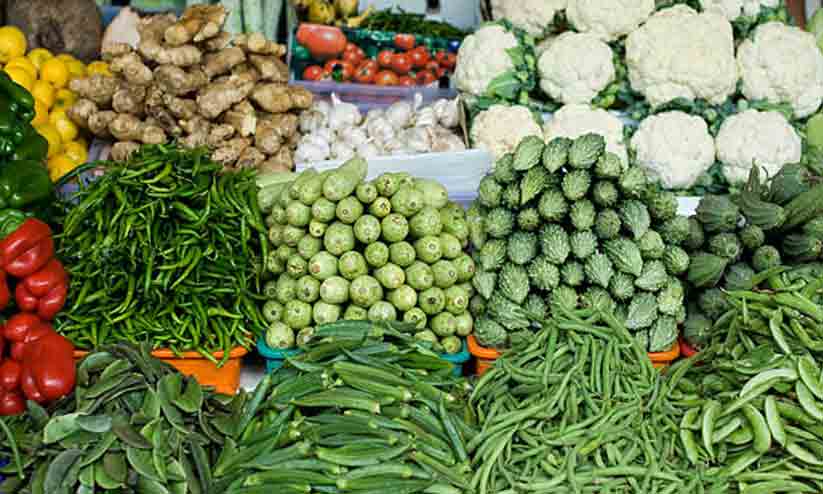
@media screen and (min-width: 1201px) {
.zeooe6257a3f8a09b6 {
display: block;
}
}
@media screen and (min-width: 993px) and (max-width: 1200px) {
.zeooe6257a3f8a09b6 {
display: block;
}
}
@media screen and (min-width: 769px) and (max-width: 992px) {
.zeooe6257a3f8a09b6 {
display: block;
}
}
@media screen and (min-width: 768px) and (max-width: 768px) {
.zeooe6257a3f8a09b6 {
display: block;
}
}
@media screen and (max-width: 767px) {
.zeooe6257a3f8a09b6 {
display: block;
}
}
Dubai: The UAE Ministry of Economy has come up with a new policy to increase food prices. The ministry has released a new policy aimed at curbing the rise in prices of basic commodities like milk, sugar, salt and rice. The law of the land is that prices can be increased only with the permission of the Ministry. According to the revised policy, the goods are divided into two categories. Prior approvals for price increase are categorized as those that do not require a permit.
Prior permission required
In order to increase the price of the products included in the first category, the suppliers need the prior approval of the Ministry. The application should be submitted through the website of the Ministry. It should be possible to state clearly what is the cause of the price increase. If the reason for the increase in cost is to explain why the cost has increased and how much it has increased. The list includes 11,000 items, including eggs, milk, fresh chicken, bread, rice, salt, grains, legumes, cooking oil and mineral water.
Those that do not require prior permission
@media screen and (min-width: 1201px) {
.cknql6257a3f8a0a4d {
display: block;
}
}
@media screen and (min-width: 993px) and (max-width: 1200px) {
.cknql6257a3f8a0a4d {
display: block;
}
}
@media screen and (min-width: 769px) and (max-width: 992px) {
.cknql6257a3f8a0a4d {
display: block;
}
}
@media screen and (min-width: 768px) and (max-width: 768px) {
.cknql6257a3f8a0a4d {
display: block;
}
}
@media screen and (max-width: 767px) {
.cknql6257a3f8a0a4d {
display: block;
}
}
The prices of some products may be increased without prior approval. These products are selected based on their availability, competitiveness and multiple suppliers. The list includes chocolate, desserts, some cheese products, frozen foods, juice, ice cream, tea, coffee, wheat, oats, potato chips, some biscuits, cleaning products and tools. The decision not to seek prior approval was based on the assessment that there would be no major inflation as many companies are launching a number of similar products.
Strict monitoring
Strict monitoring will be done to see if prices are being increased illegally. Inflation of 300 essential commodities will always be monitored. For this, regular monitoring will be done in about 40 outlets. If the price hike is noticed, action will be taken against the owner of the establishment. Regular inspections will be carried out in collaboration with local authorities. The prices of fish, meat, bread, cereals, milk, cheese, eggs, oil, vegetables, fruits, water, juices and sanitary ware are strictly monitored.

